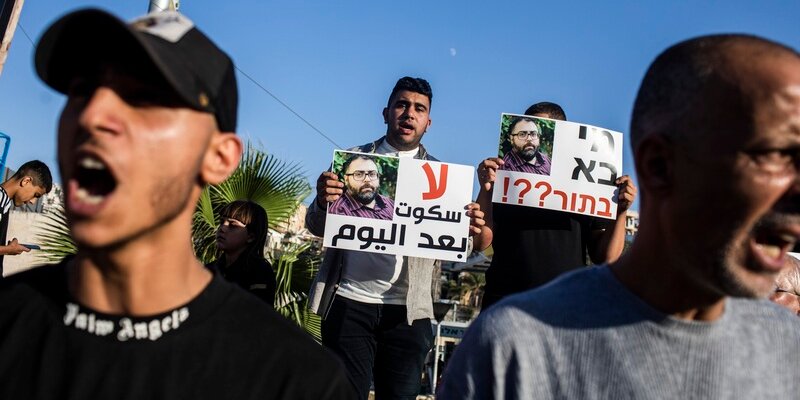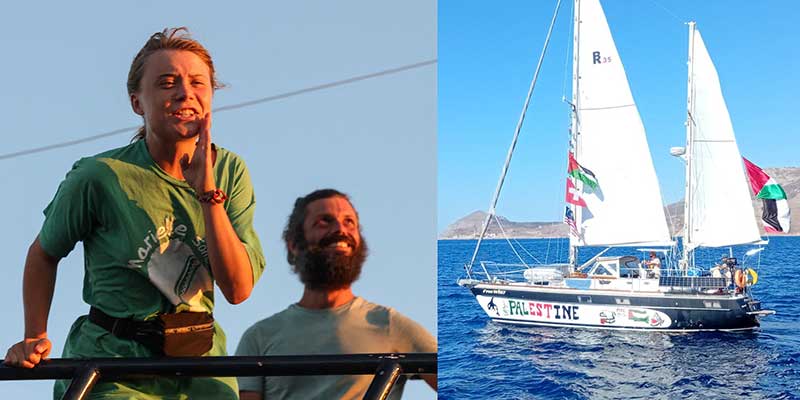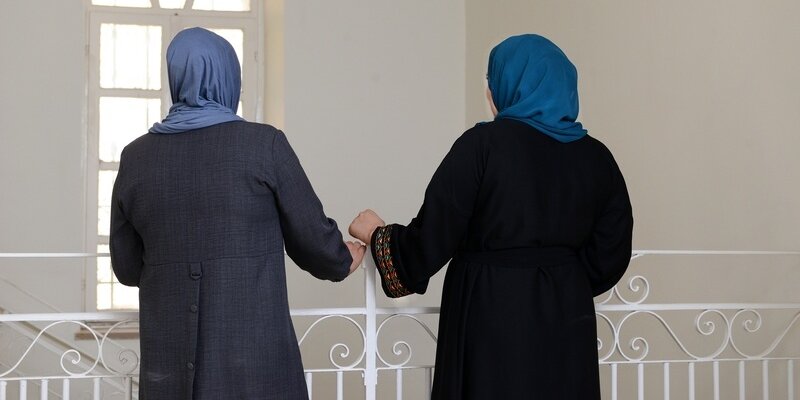What do you want to be when you grow up? How alienation and lack of opportunity are pushing Arab youths into the arms of criminals
Crime is rampant in the Arab sector of Israeli society, claiming the lives of dozens of young people a year. To make matters worse, criminals are becoming cultural heroes among many youths. School principals look on in desperation as boys and girls slip through their hands, drawn by the promise of fast cash that a life of crime offers. “You hear them talk about being offered 700 shekels just to fire a gun; all they have to do for the money is put on a helmet and shoot. It’s easy money for a few minute's work.”


Crime is rampant in the Arab sector of Israeli society, claiming the lives of dozens of young people a year. To make matters worse, criminals are becoming cultural heroes among many youths. School principals look on in desperation as boys and girls slip through their hands, drawn by the promise of fast cash that a life of crime offers. “You hear them talk about being offered 700 shekels just to fire a gun; all they have to do for the money is put on a helmet and shoot. It’s easy money for a few minute's work.”

Crime is rampant in the Arab sector of Israeli society, claiming the lives of dozens of young people a year. To make matters worse, criminals are becoming cultural heroes among many youths. School principals look on in desperation as boys and girls slip through their hands, drawn by the promise of fast cash that a life of crime offers. “You hear them talk about being offered 700 shekels just to fire a gun; all they have to do for the money is put on a helmet and shoot. It’s easy money for a few minute's work.”
Photo: Rami Ganam

Roni Singer
September 20, 2021
Summary


Listen to a Dynamic Summary of the Article
Created using NotebookLM AI tool
More than half of the Israeli Arabs killed since the start of this year have been under the age of thirty – 41 out of 78. A similar phenomenon can be seen when one looks at the age of people arrested or charged with violent crimes in the Arab sector, where more than half are under the age of thirty – which does not necessarily include particularly senior members of organized crime groups. Most of the homicides are the outcome of readily available weapons and a trigger-happy attitude. Such was the case of 15-year-old Mohammed Addas, who was allegedly killed because of something his brother posted on TikTok. Trivial matters explode into a “confrontation,” which often ends in fatalities.
While the death toll climbs and the violent incidents proliferate, there is an increasing discussion within Arab society over the role of schools; principals are the last line of defense before many young Arabs start their adult lives and discover that they are not being accepted into tertiary education – especially if they were born into a family without the financial wherewithal to assist them, which make up more than half of the households in the Arab sector – and have no promising employment opportunities.
Amal Oraby Hussein is the coordinator of a project aimed at combatting violence in Arab society for Sikkuy – The Association for the Advancement of Civic Equality, and a resident of the Galilee town of Deir Hanna. He points to the widening gap between “the cream of our youth, who achieve success with the help of their schools and go to university, compared to the rest, whom the education system prepares to be gas station attendants or call center workers for mobile phone companies. Young Arabs leave school with nothing. School is the only place where these children get tools and values – especially when the parents are overworked and busy. Schools have a role to play, but what is it? Arab youths live in a very violent world, but no one is talking to them about it. No one is giving them the tools. Principals are threatened and some have been killed. Students are killed. When a student is killed in an American school, the whole country cries out and the president himself talks about it. A ninth-grader was murdered right here in Jaljulia and the whole country should have been up in arms. Where is everyone?”













